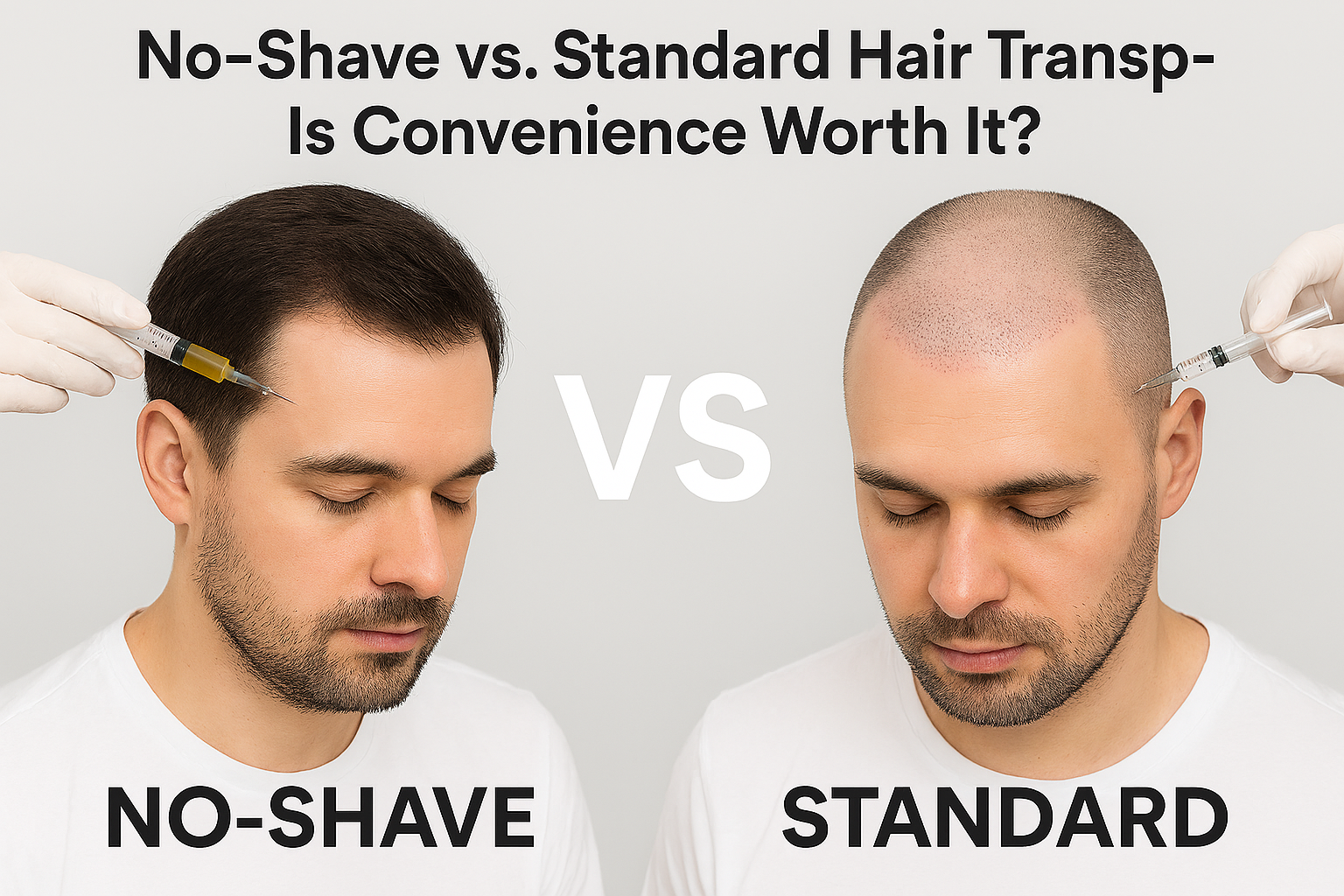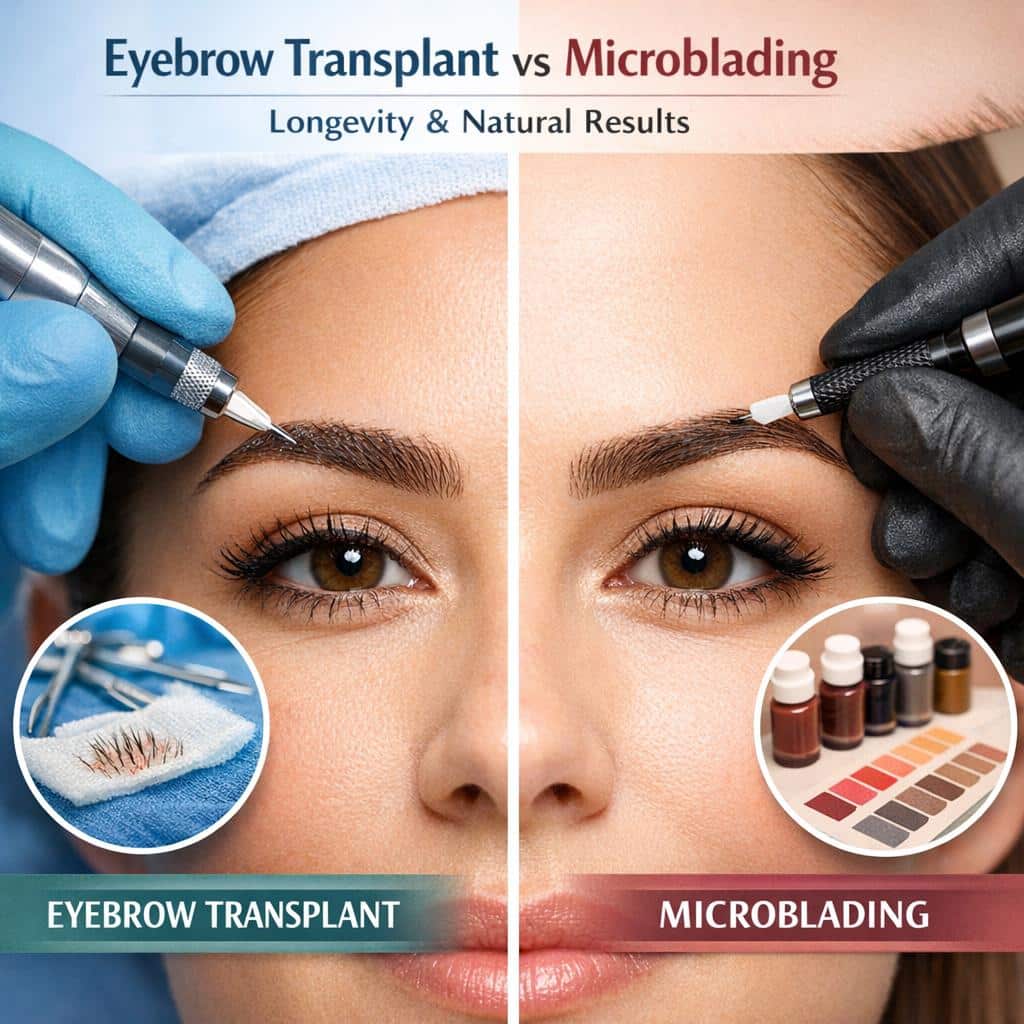When and how cutting hair after your hair transplant

Cutting hair after a hair transplant is a key but also a very delicate moment. Due to the very affordable prices of hair transplants in Turkey, more and more people are travelling to this beautiful country to get a transplant with FUE in Turkey.
FUE method is mainly used in Turkey for hair surgeries due to its many advantages compared to other previously used techniques, since it doesn´t leave permanent scars (which actually heal after just one week), it´s almost painless, and time necessary for patient´s full recovery is also quite shorter. But many people wonder: how long after a hair transplant can I cut my hair? Can I use razor, or comb it? Well, in this article we will answer to all these questions.
When will my hair start to grow again?
It is quite important to be patient after undergoing a hair surgery. Many people go to the doctor after the operation if after just a few days they do not see their hair growing, or even if it falls due to the so-called shock loss, something that occurs sometimes but that is completely normal.
The truth is that grafts usually take about 3 months to produce new hair, and they will do it little by little; at first the new hair will be quite thin, but later it will gradually increase its thickness; finally after 5 or 6 months since the operation, hair will have already grown 5-7 centimetres long, and it will have a good thickness and density. It´s important to follow your doctor’s instructions and provide hair with all necessary care to help it recover and grow.
When can I cut my hair after a hair transplant?
As we have seen, new hair takes several months to grow completely: this means that if you wish to have a hair cut after a hair transplant, you´ll have to wait to visit your hairdresser. The best is to wait for doctor’s approval; besides, it´s very important to wait for the wounds to be completely healed, since otherwise we run the risk of grafts falling out if we cut the hair or use some inadequate products before the proper time.
Although it depends on the evolution in each patient, the general recommendation is to wait at least 3 months to make your first haircut after the hair transplant. It is also recommended that the first cut should not be very close to the scalp. Finally, it is very important that before using any product it should have been previously approved by your specialist, since certain substances can damage the implanted follicles.
How short can I cut my hair after a hair transplant?
As we said before, the best is not cutting your hair too close to the scalp in your first haircut. But more important than this is how to cut your hair… Would you use a razor, or scissors? Well, the fact is that you should avoid using a razor and instead use scissors when getting your first hair cut 3 months after your operation, since razor can cause damages to the scalp and even tear out the transplanted follicles when pulling the hair.
Blades are not recommended, too, as they irritate the scalp and may cause an irreversible damage to the grafts. So, if you wish to use a razor in your new transplanted hair, you should have to wait at least 6 months, because new follicles need to be well implanted in the transplanted area. You can use a razor however after just one month, but only in the donor area and always after consulting your doctor.
May I comb my transplanted hair?
When combing your hair after the surgery, we must do it very carefully during the first months and using gentle movements, never abrupt. If our hair is wet, we should wait for it to be dry in order to avoid pulling from it or to get tangled with the comb. Also, remember to use shampoos with neutral pH or any other one recommended by your specialist.
In summary, cutting hair after a hair transplant is a very important and delicate moment that signals the start of your normal life with your new hair, but it should be done always following your doctor’s guidelines and recommendations. In any case, if you have any other query about this topic, please do not hesitate to contact us: Clinicana’s experts will answer all your questions for free and with no obligations.

For many individuals facing hair loss, the decision to undergo a hair transplant is not hindered by the surgery itself, but by the recovery phase. Specifically, the prospect of shaving one’s head is a significant psychological barrier. In our clinical practice, we frequently meet patients—ranging from high-profile executives to women with diffuse thinning—who delay necessary […]

Investing in a hair transplant is a significant decision that represents a commitment to restoring not just your hair, but your self-confidence. However, the procedure itself is only the beginning of the journey. Once you leave the operating room, your scalp enters a critical recovery phase where the newly implanted follicles must anchor themselves and […]

The eyebrows are one of the most defining features of the face, framing the eyes and conveying emotion. However, for many people, achieving the perfect brow is a daily struggle involving pencils, powders, and gels. Over-plucking in the past, genetic thinning, or medical conditions can leave brows sparse or misshapen. In the quest for a […]








